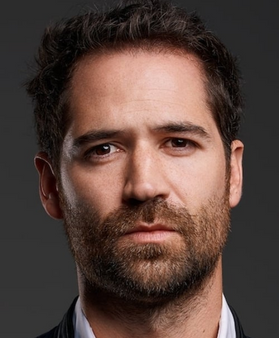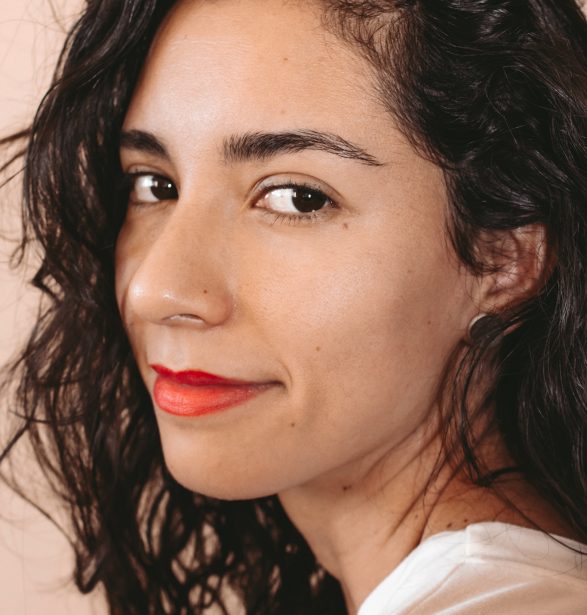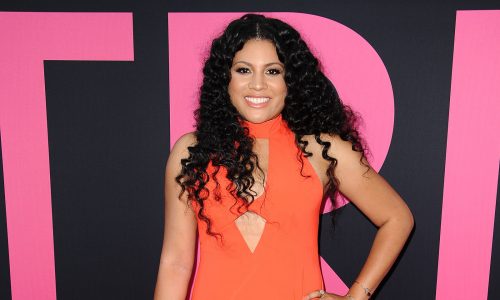Hands-On Filmmaking Workshop at NYFA
In NYFA’s 8-Week Filmmaking Workshop, students learn the essentials of film storytelling and content creation. The rigorous coursework and hands-on experience within the program help students rapidly gain experience in production.
Workshop DescriptionWorkshop Name: 8-Week Filmmaking Workshop
In the first four weeks of this intensive workshop, students study the building blocks and visual language and syntax of cinema, learning how to create a shot, sequence, and scene. Following the production and post-production of each short film, students screen their work for their classmates and instructors and engage in creative critiques and discussion. In the second half of the workshop, students learn to understand dialogue and subtext and how to work with actors. Students are introduced to sound recording and are challenged to add minimal dialogue as a storytelling tool.
At the end of the course, the final films are celebrated in a screening open to cast, crew, friends, and family. Many program graduates go on to enroll in NYFA’s 1-Year Filmmaking Certificate to continue perfecting their craft. This course is extremely hands-on, making it a great fit for students who are new to film and content creation or want to strengthen their current skill set.
NYFA also offers the possibility to learn filmmaking from anywhere through a variety of online filmmaking workshops.
To learn more about the 8-Week Filmmaking Workshop, please see NYFA’s Course Catalog or request more information.
Class Details
Directing
The core of the Eight Week Program, Directing introduces students to all major aspects of filmmaking. Students will learn concepts to help achieve maximum psychological impact by studying the director’s decisions in camera placement, blocking, staging, and visual image design. Students will be challenged to think comprehensively about their film projects in terms of the economic realities of low-budget student production. Using their own film projects as prototypes, students will learn to break down their film scripts in terms of story and emotional beats, shot selection and composition, and budgeting and scheduling. Directing will be the forum for preparing, screening, and critiquing three short films.
Hands-On Camera
In Hands-On Camera, students undergo intensive training in the use of HD digital video cameras and their accessories. Through hands-on workshops and film tests, they will also learn fundamental lighting techniques. As they progress through the workshop, they learn how to support the mood of the story with lighting choices and they experiment with expressive lighting styles.
Hands-On Editing
This Area of Study presents students with multiple aesthetic approaches to editing film and video. Students will learn how to apply concepts such as temporal continuity and spatial continuity, as well as less traditional discontinuous editing techniques to their work. Editing will also discuss the psychological and emotional effects of editing on the overall story. Additionally, students will have the opportunity to edit their own films. Classes are supplemented with individual consultations at the computer.
Screenwriting
Writing introduces the established tools and language used in writing a film project. Students will take a story from the initial idea to script with an emphasis on the fundamentals of visual storytelling. The intersection of story structure, theme, character, tension, and conflict is examined through detailed scene analysis. The in-class discussion provides students with constructive analysis and support. Students are encouraged to tell their stories visually, rather than relying on dialogue.
Advanced Directing
A continuation of Directing. Students expand upon lessons already learned with a focus on the preproduction of their Final Film projects. Additionally, the basic concepts of production sound will be discussed, explored, and practiced in the course.
Hands-On Advanced Editing
Advanced Editing prepares students for the challenges inherent in cutting a more complex narrative film with dialogue and multiple soundtracks. Finally, students will participate in a session entitled “Building the Reel.” Additionally, the basic concepts of post-production sound will be discussed, explored, and practiced in the course.
Advanced Screenwriting
In Advanced Writing, students learn to incorporate what they’ve learned about visual storytelling with the art of crafting dialogue for a sync-sound film. Scripts for the Final Film will be written, and revised in a workshop environment.
TIMES AND BREAKDOWN BY WEEK
These are intensive, full-time Monday through Friday programs that typically run in three x 3hr sessions from 9 AM-6:30 PM. There are breaks in between sessions. Depending on the workshop, there may be shoots held on the weekend. Students will need to anticipate extra time outside of class to complete assignments, projects, and exercises. Daily class times may vary. Request information to learn more.
PROGRAM AND SOFTWARE REQUIREMENTS
This course requires the following software and equipment:
- External hard drive (costs $30-$200)
- An SD Card
8-Week Filmmaking Workshop
| Location | Program Start Date and End Date | Tuition |
|---|---|---|
| New York City | September 15, 2025 – November 8, 2025 January 26, 2026 – March 21, 2026 February 9, 2026 – April 4, 2026 May 11, 2026 – July 4, 2026 June 1, 2026 – July 25, 2026 August 3, 2026 – September 26, 2026 September 14, 2026 – November 14, 2026 | Tuition and Equipment & Technology FeeTuition:$6,263 Equipment & Technology Fee:$1,204 Wellness Services & Programming Fee:N/A |
| Los Angeles | September 15, 2025 – November 8, 2025 January 26, 2026 – March 21, 2026 February 9, 2026 – April 4, 2026 May 11, 2026 – July 4, 2026 June 1, 2026 – July 25, 2026 August 3, 2026 – September 26, 2026 September 14, 2026 – November 14, 2026 | Tuition and Equipment & Technology FeeTuition:$6,263 Equipment & Technology Fee:$1,204 Wellness Services & Programming Fee:N/A |
| Florence, Italy | September 21, 2025 – November 15, 2025 February 15, 2026 – April 11, 2026 September 20, 2026 – November 14, 2026 | Tuition and Equipment & Technology FeeTuition:$6,263 Equipment & Technology Fee:$1,204 Wellness Services & Programming Fee: |
Film students create and direct five unique films in this workshop, including a final film of up to ten minutes.The film projects include classic film structures and formats such as Mise-en-Scène, Continuity, Subtext, and a final short film. To see all of the projects students complete at NYFA’s film school, visit our film projects page .
Please note: Equipment, curriculum, and projects are subject to change and may vary depending on location. Students should consult the most recently published campus catalog for the most up-to-date curriculum.



